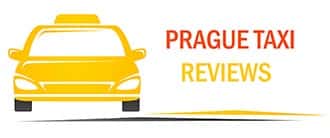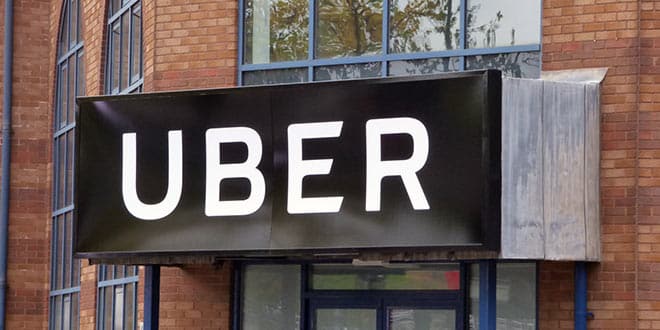Today, on 14th July 2017, the Chamber of Deputies approved a new aspect of the law on road transport, which makes sanctions for illegal taxi services stricter, and strengthens the authorities of the cities when setting the conditions for application. The Chamber of Deputies didn’t accept the suggestion for a change, which was meant to help alternative taxi services like Uber.
Vaclav Zemek, the deputy for CSSD, suggested unsuccessfully that cars without a taximeter could use a record in a mobile application as an alternative receipt to the current paper one. Dan Tok, the Minister of Transportation (ANO) had disagreed with this even in initial discussions.
Chvojka, the minister, is trying to tame the lobbying; his assistant works for Uber
According to the approved amendment, the cab driver will be able to lose his licence immediately after the first serious transgression, such as not turning on the taximeter or overpricing the tariff. The checks may be done in a foreign language and it is possible to make audio and video recordings without the driver knowing about it. Drivers who don’t have a taxi driver’s licence, or who do not work legally for a particular company, can be punished with a penalty up to 100,000 CZK.
The deputies took out the right of the city or state police to revoke the taxi driver’s licences. Only a person charged to execute the state expert supervision can do this, and only in particularly described cases; for example, if the driver has been punished for (e.g.) overpricing the tariff in the last three years.
No to psychological check-up, yes to geography tests
The suggestion also strengthens the authorities of the cities when setting the terms of running a taxi service. The deputies left out the possibility that the cities could demand that applicants wishing to open a taxi service should undergo a psychological check-up, instead focusing on transportation.
The cities will have the right to request the taxi drivers to complete a test on geography or on handling the taximeter. They will also be allowed to determine specific requests for the taxi drivers, for example when it comes down to the size of the cars, or meeting the emission limits. Such requests mustn’t favour a manufacturer, car type, or brand.
Besides taxi services, the amendment also touches public transportation; for example, it protects lines run as public services against commercial lines. It enables the authorities not to issue the licence to a provider of a commercial line, who would want to run a commercial transportation on the same route or at the same time as the public service line, because this could lower the income of the public service.



